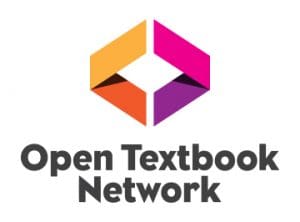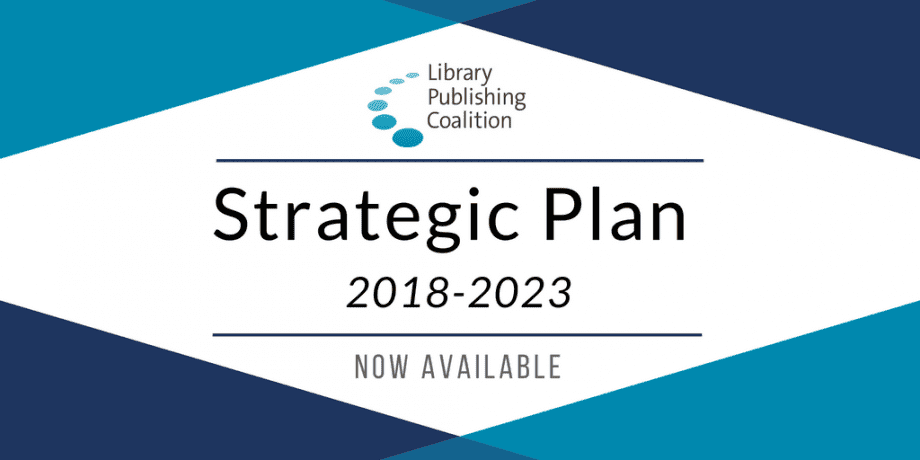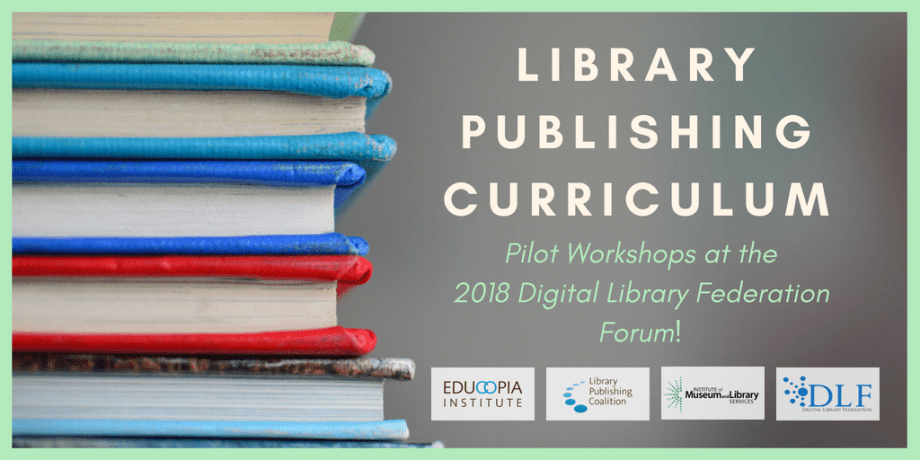
August 31, 2018
Building alliances: AUPresses/LPC collaborations and synergies
By Melanie Schlosser
For our 2018 conferences, the Library Publishing Coalition and the Association of University Presses collaborated on a Cross-Pollination Registration Waiver Program. The program sent two AUPresses members to the Library Publishing Forum and two LPC members to the AUPresses Annual Meeting. Each of the recipients was asked to write a reflection on their experience and on opportunities for libraries and presses to work together towards our shared goals. This post is by Mark Konecny, University of Cincinnati. Read the whole series.
*********
“The imprimatur of a university press—with the scholarly apparatus of peer review and reputation for quality—makes it possible for digital projects to gain the legitimacy demanded by the academic community. Library publishing provides stable preservation and staffing that keeps projects viable for the long run.”
*********
In 2017, the University of Cincinnati Libraries opened a press with a library publishing unit (CLIPS) in order to provide professional publishing services to faculty, staff, departments, and centers associated with the university. We offer scholarly communications expertise along with à la carte or comprehensive solutions using press partners and staff. Library publishing has been identified as a key element in promoting the intellectual commons model. In keeping with the goals of the library and the university, CLIPS is tasked with developing new modes of digital publishing. The annual meetings of the Association of University Presses and the Library Publishing Forum are opportunities to meet with others working in this field, learn about strategies and techniques utilized by other presses, and pursue opportunities to work with colleagues at other institutions with similar resources. Given the fact that our press is a start-up, I was able to benefit from presentations and consultations with colleagues from universities around the world.
At the AUPresses meeting, I concentrated my efforts in three specific areas of interest: sustainable infrastructure, publishing digital projects, and workflows for the use of digital publishing platforms. One of the biggest challenges for a small unit is making sure that resources are used wisely and provide a service that can be used across the university. It became clear through discussions that this is a shared concern for all library publishers, and the meeting allowed me to understand how university presses create workflows to increase efficiency and leverage outsourcing. I was surprised by the profusion of publishing platforms being developed by university presses: Editoria, Vega, PubPub, Manifold, Fulcrum, OJS, and others. Even more remarkable is the variety of strategies these platforms use to produce output. Many attendees voiced a concern that technology was being promoted at the expense of producing quality output. There is a significant danger in allowing the technological tail to wag the dog, squandering scarce resources for small reward. This insight into process provided me with a cautionary tale and a better understanding of the status of different projects. (more…)




